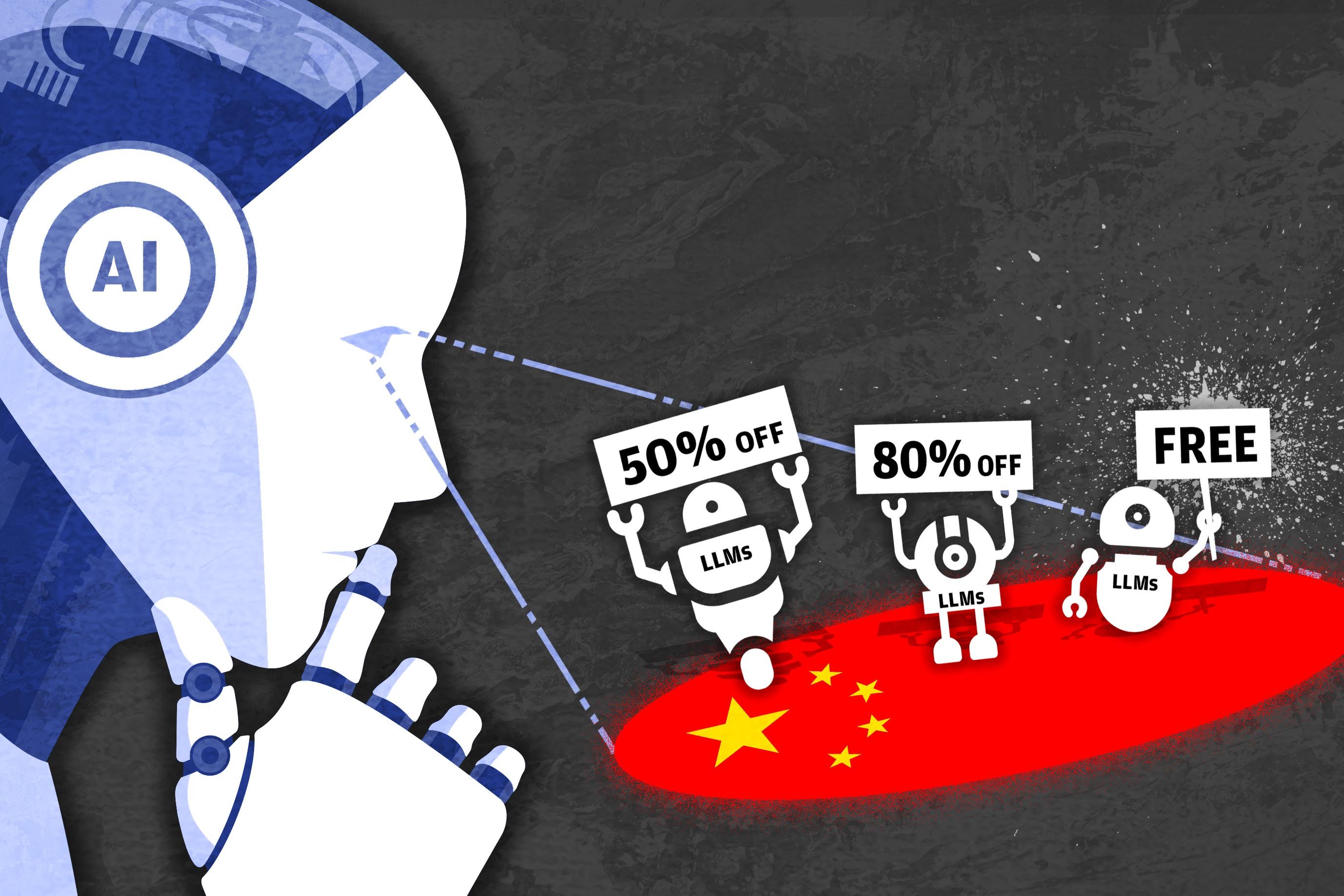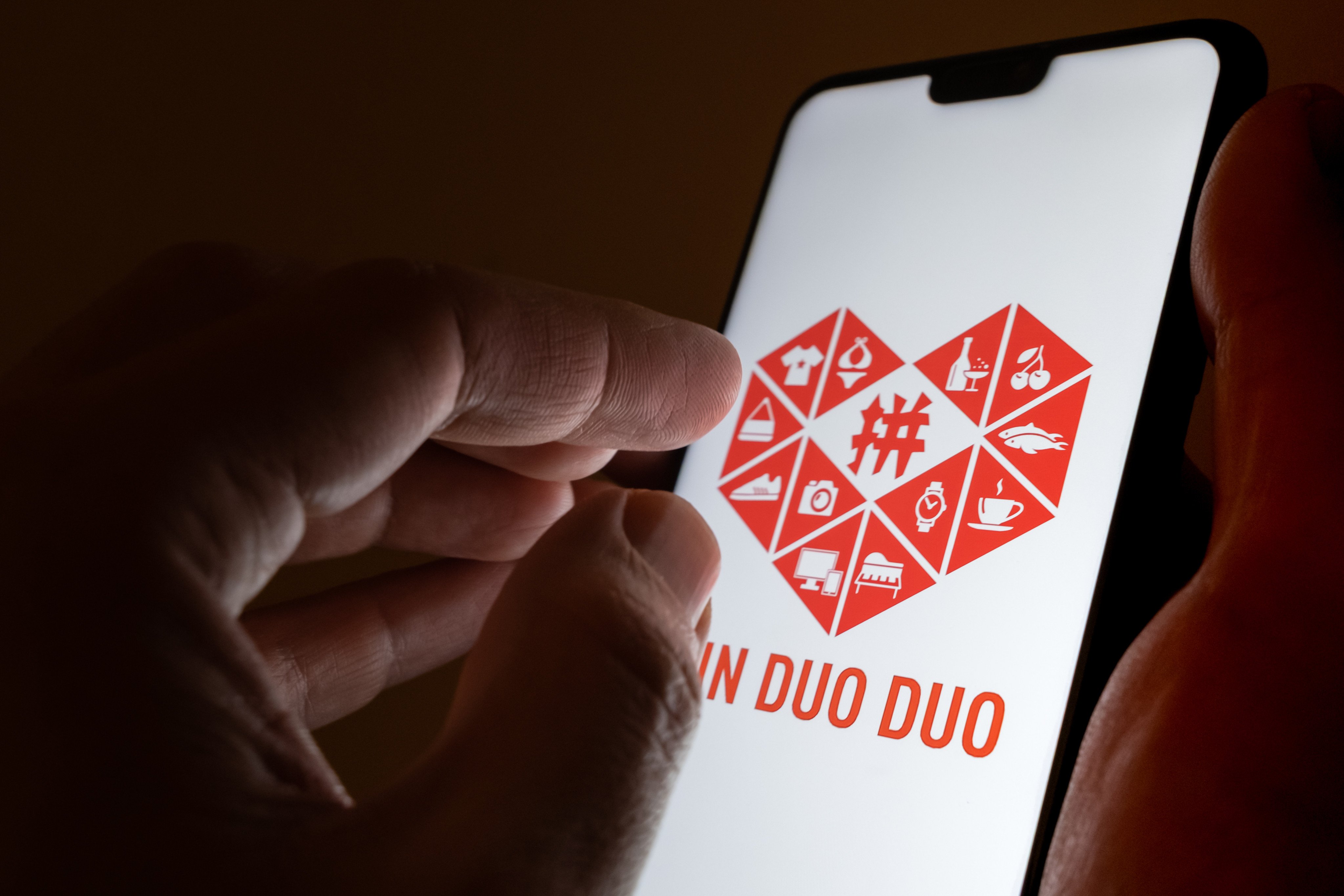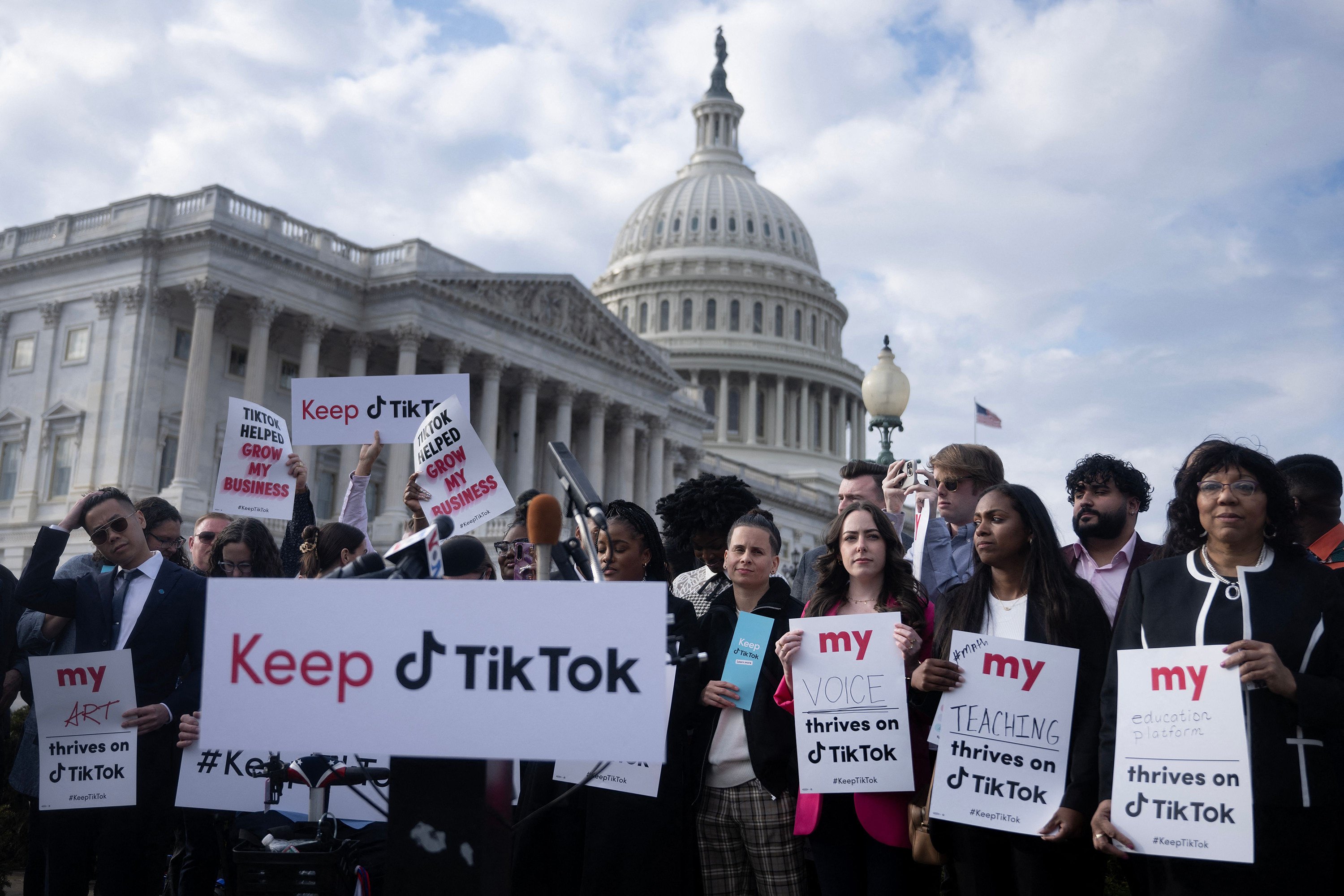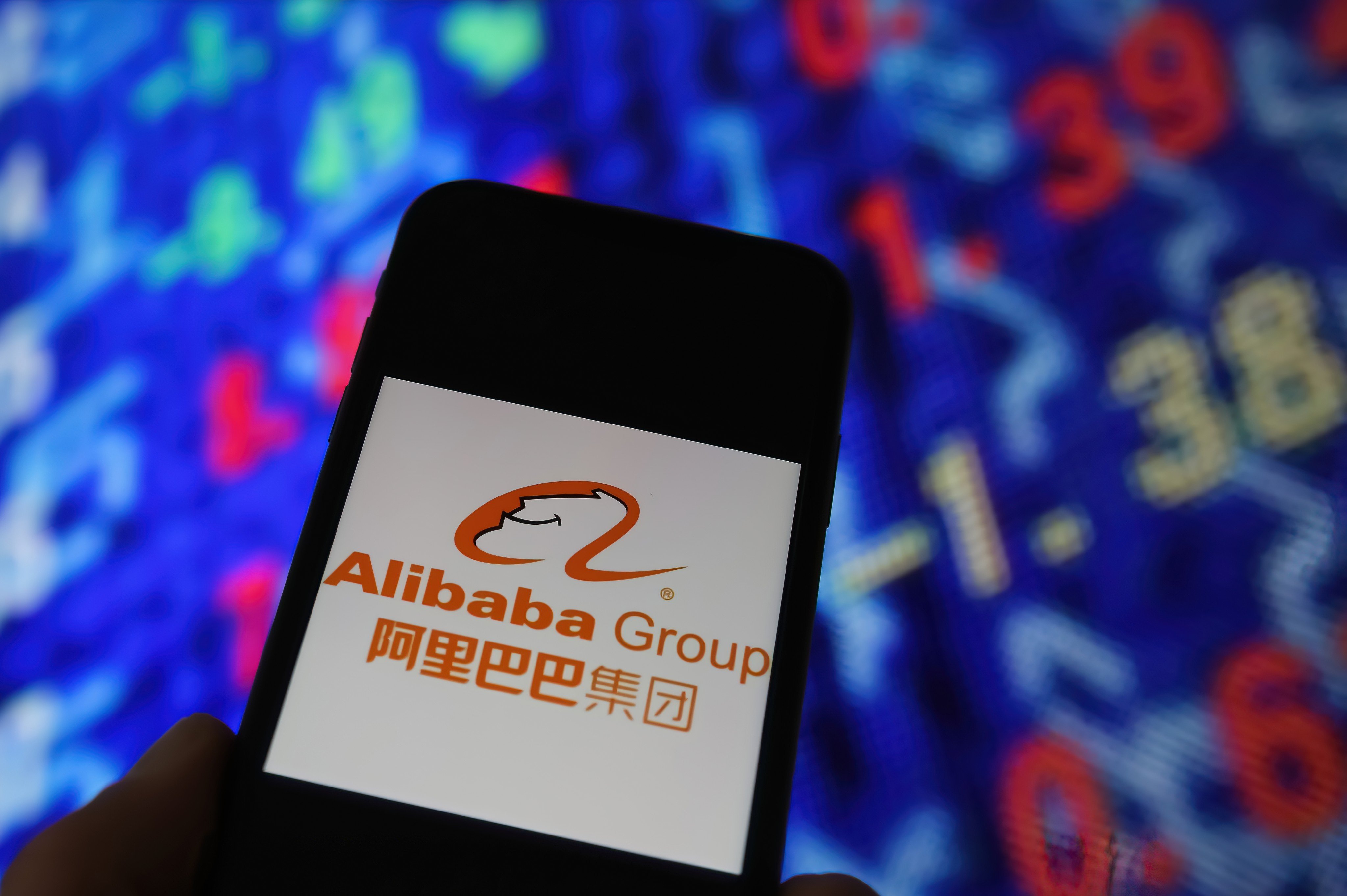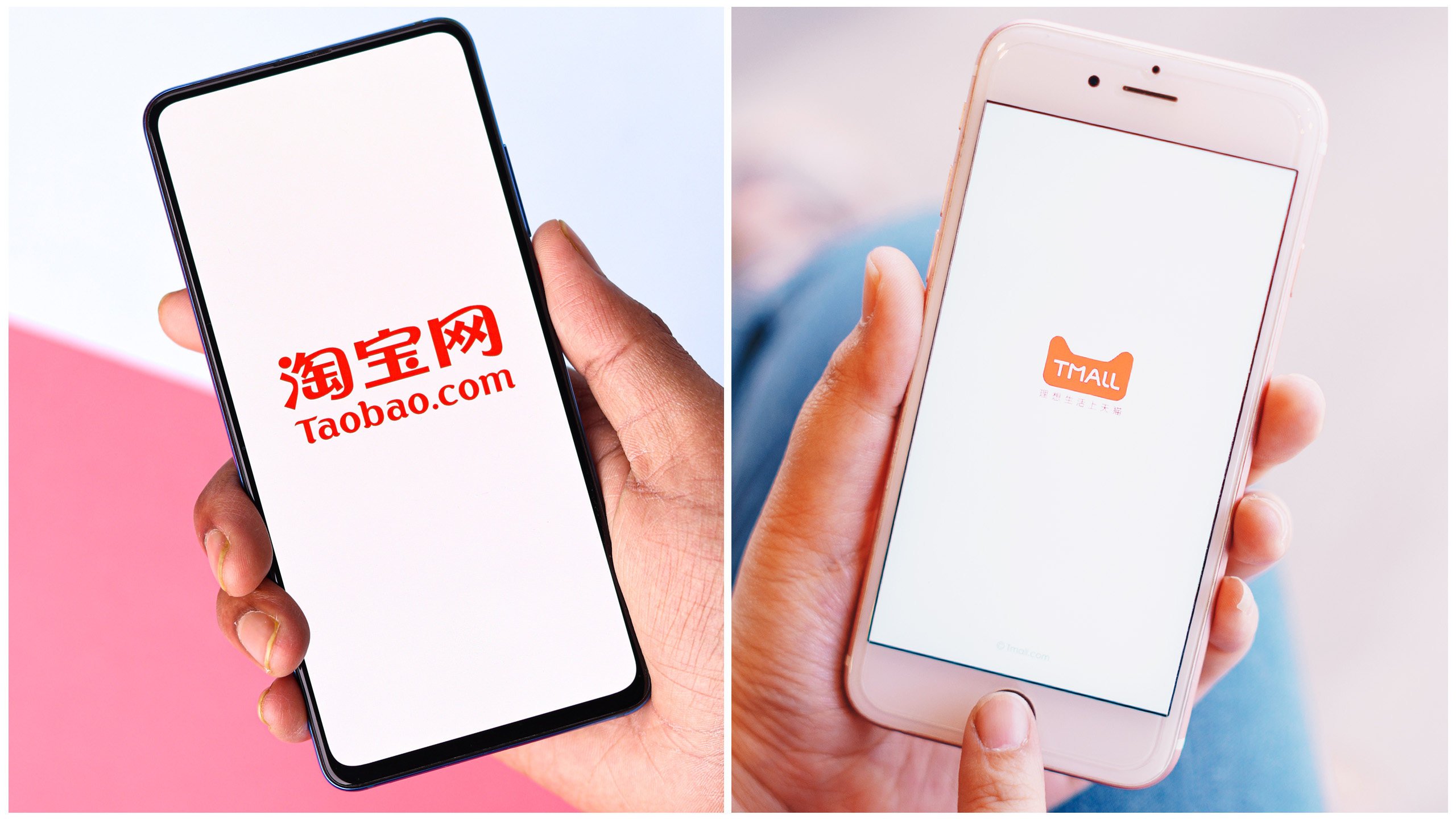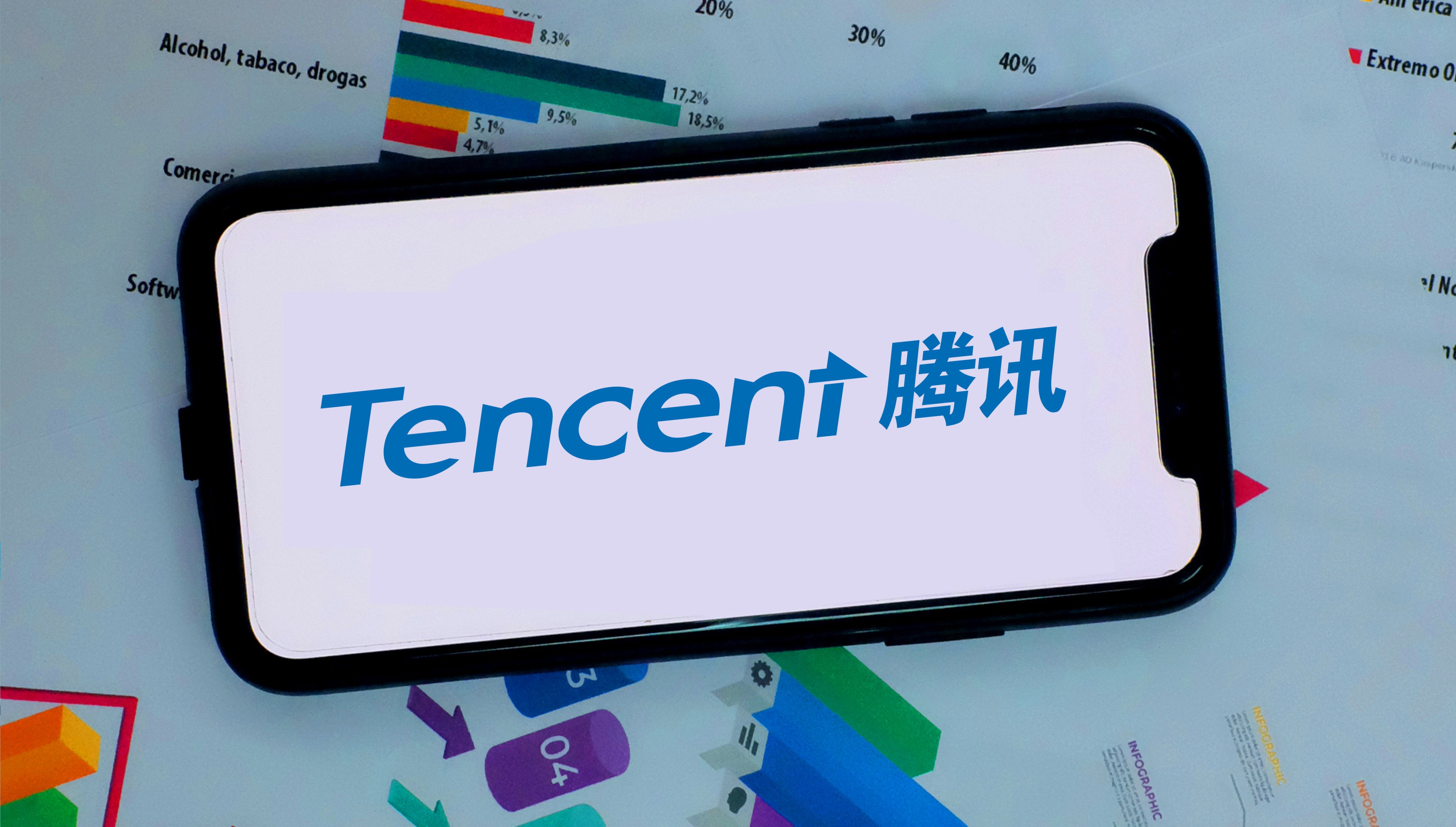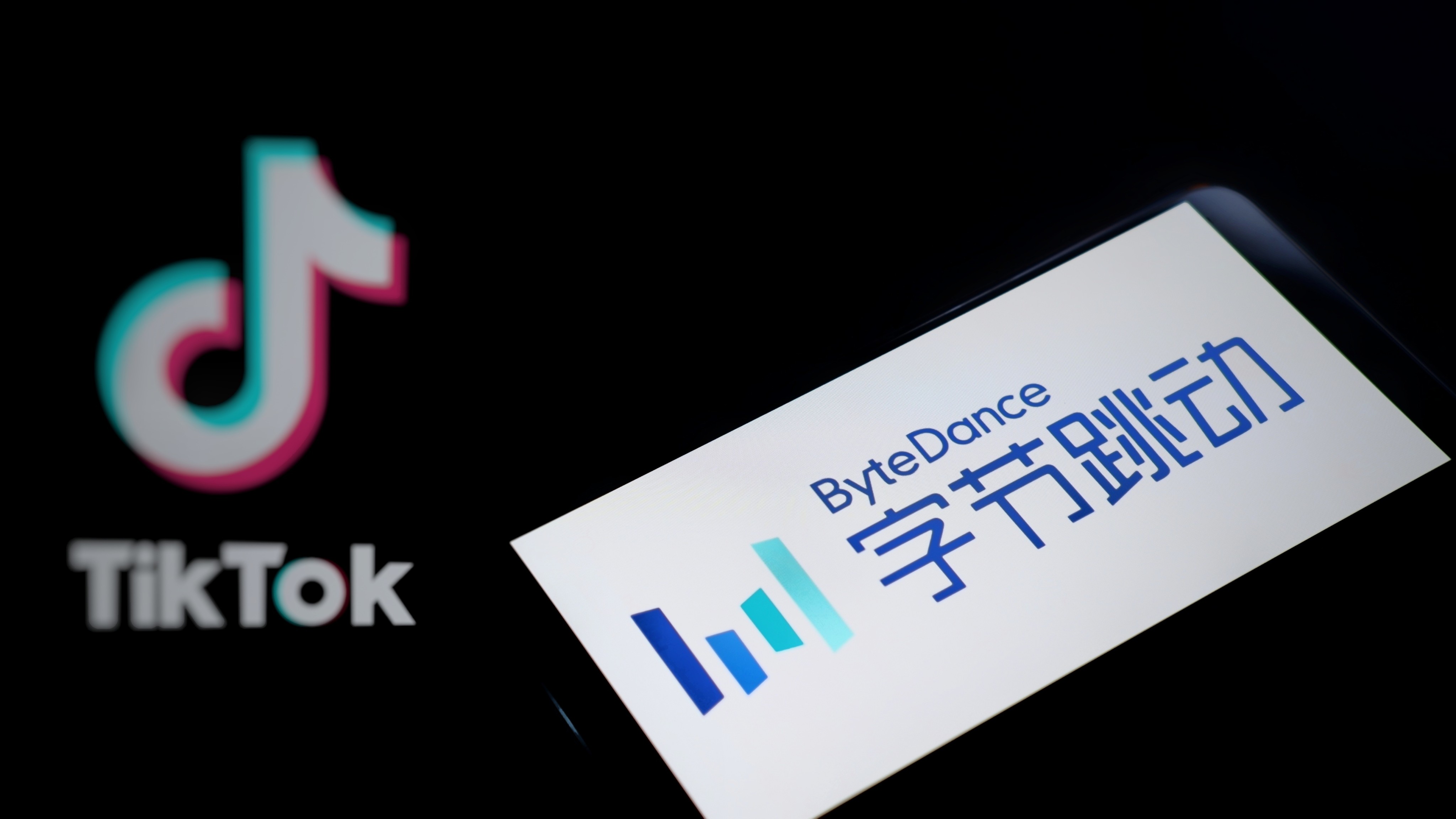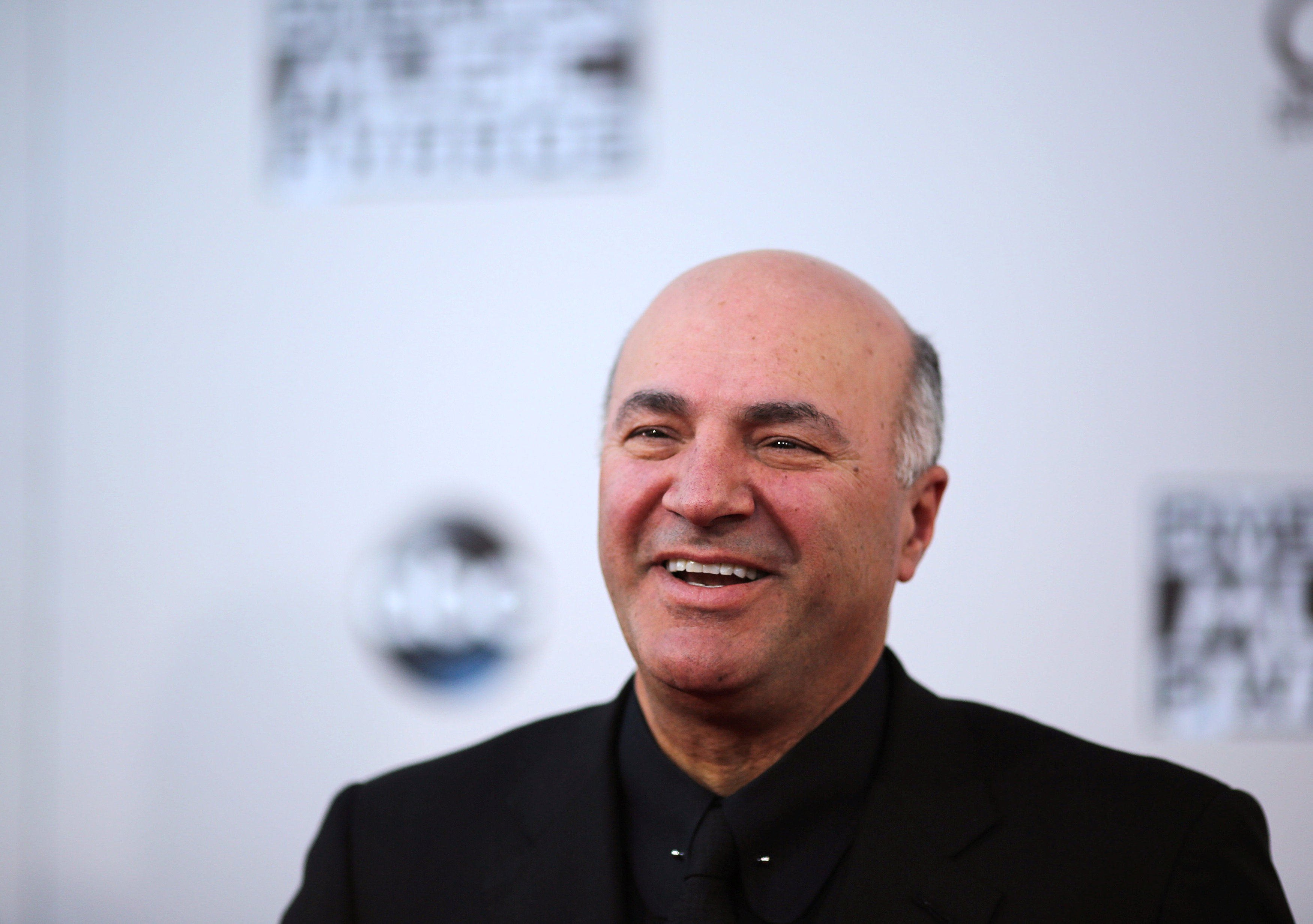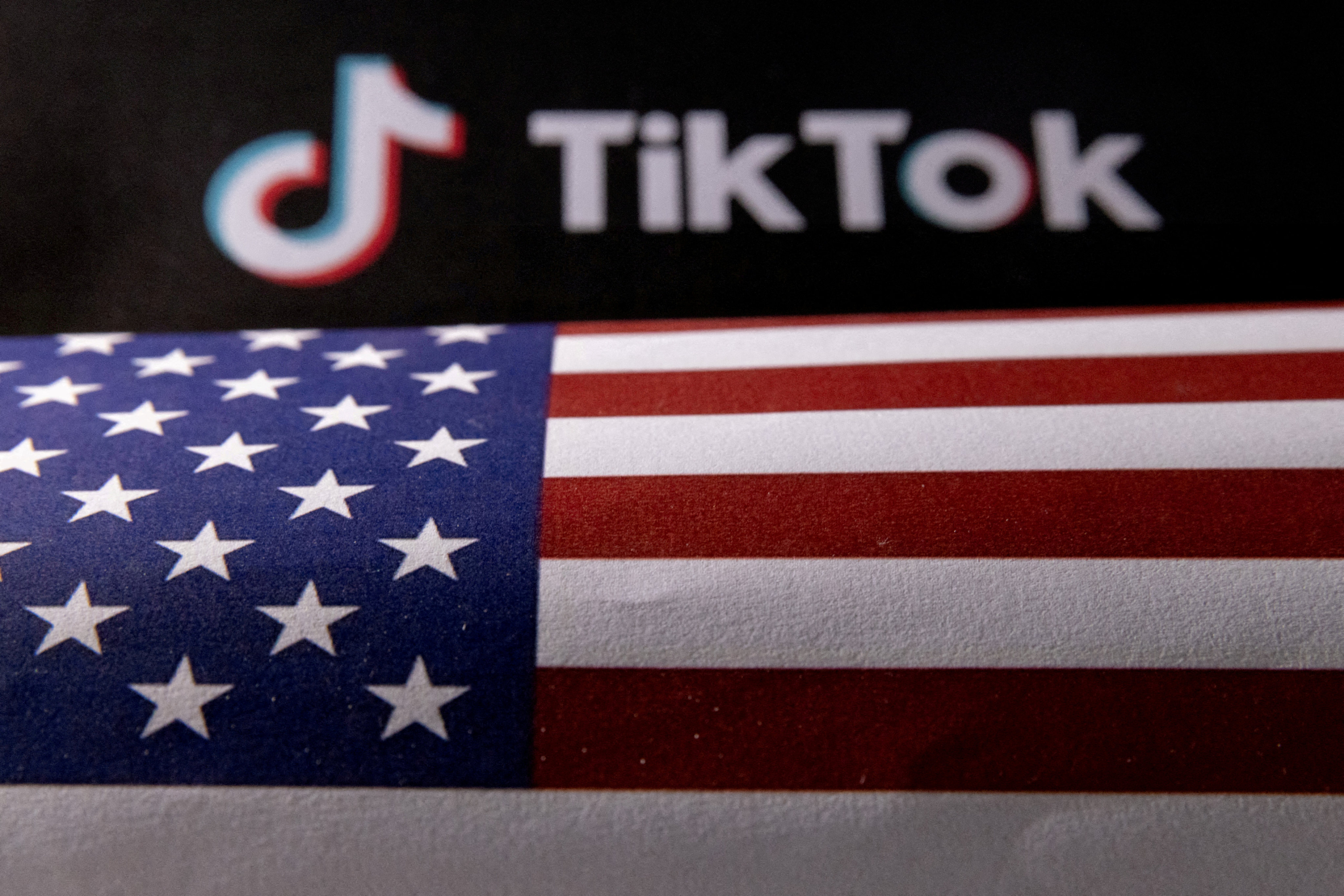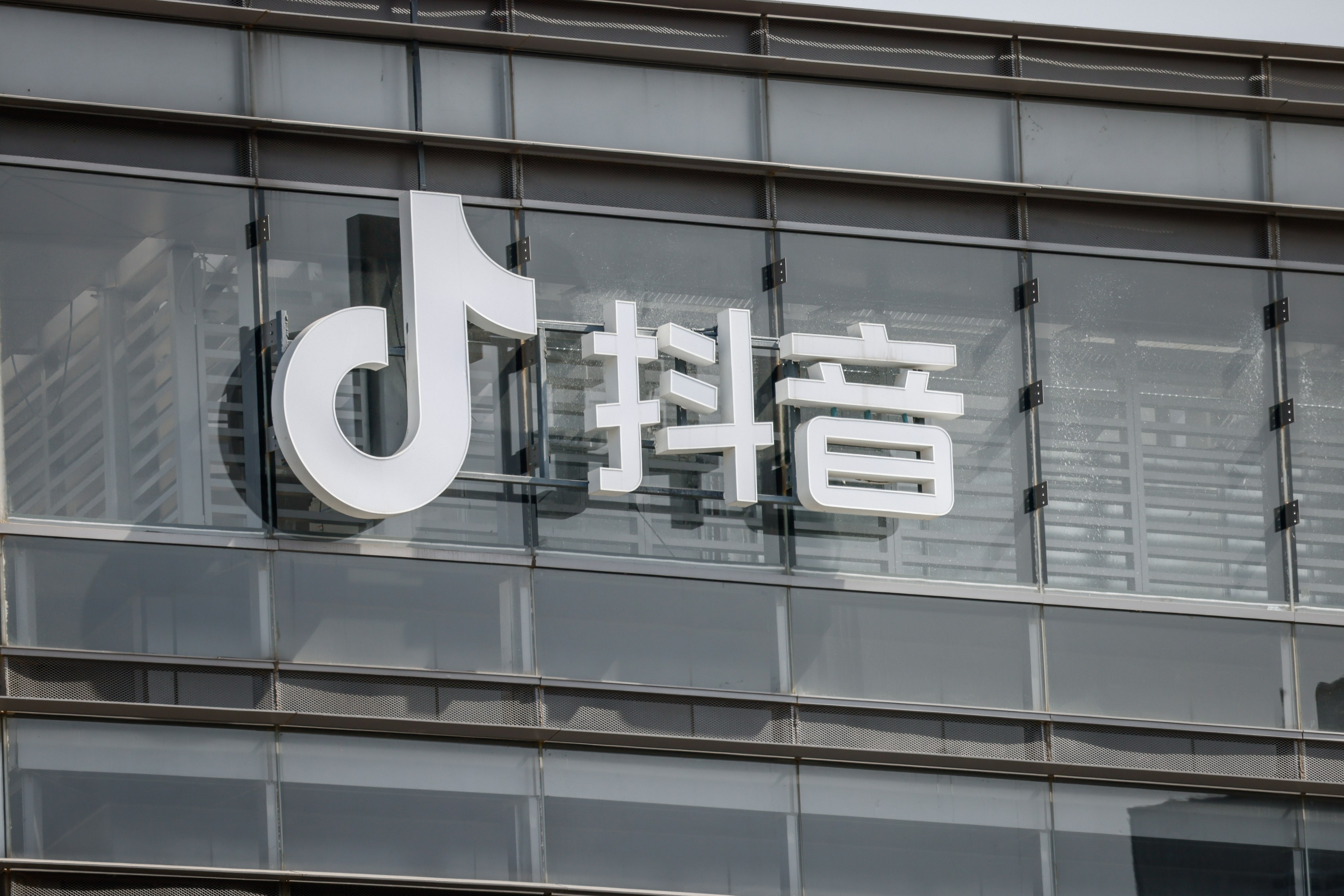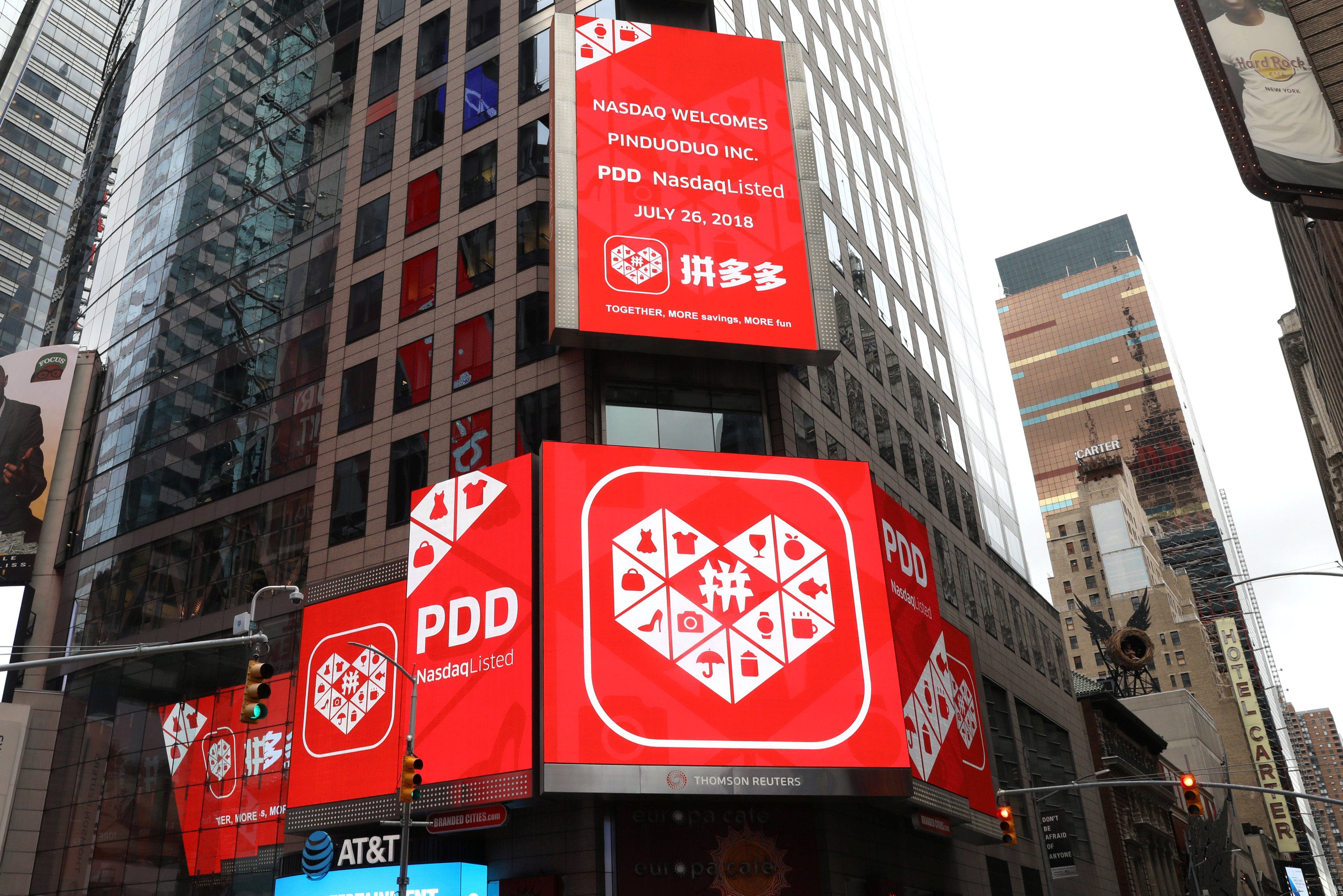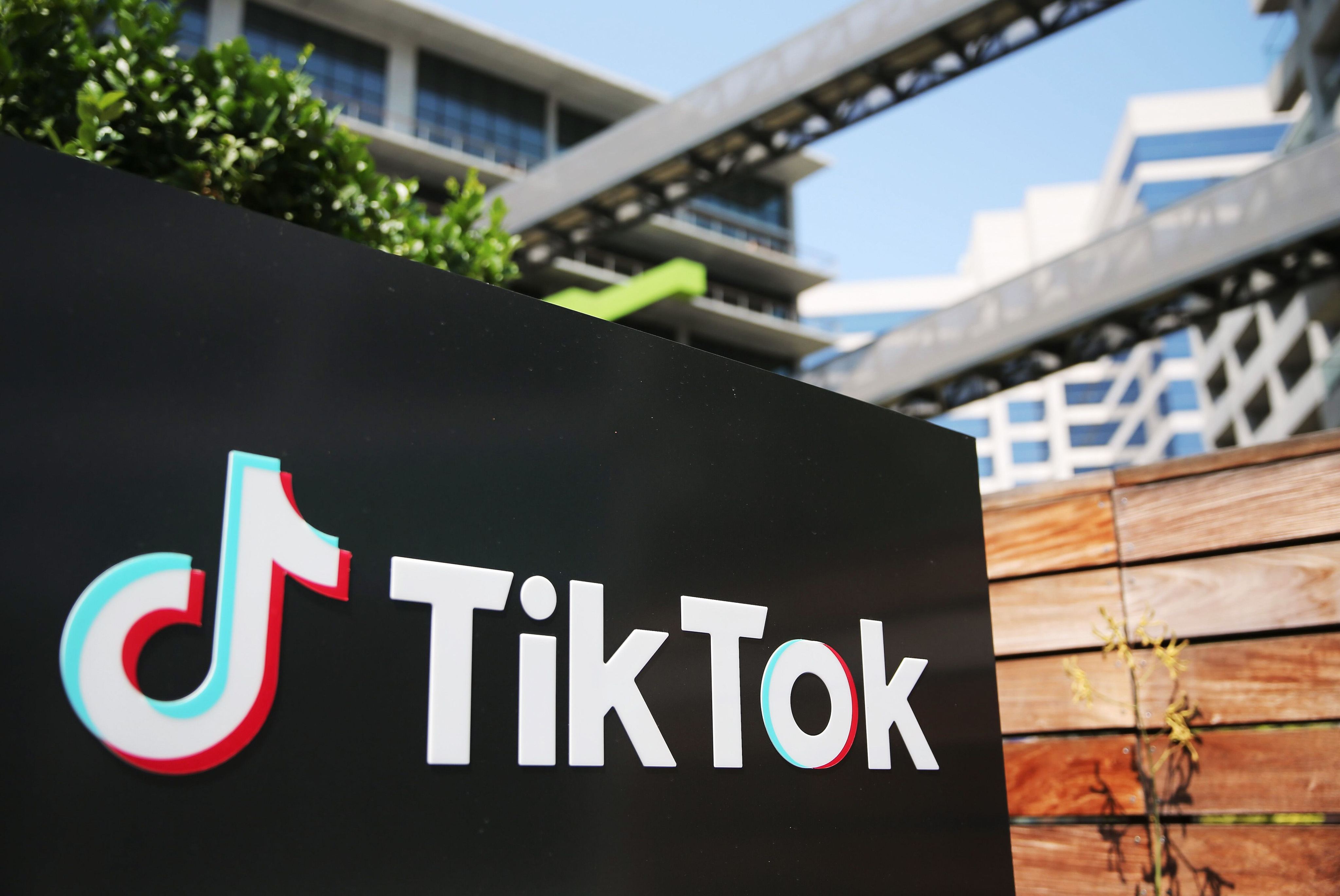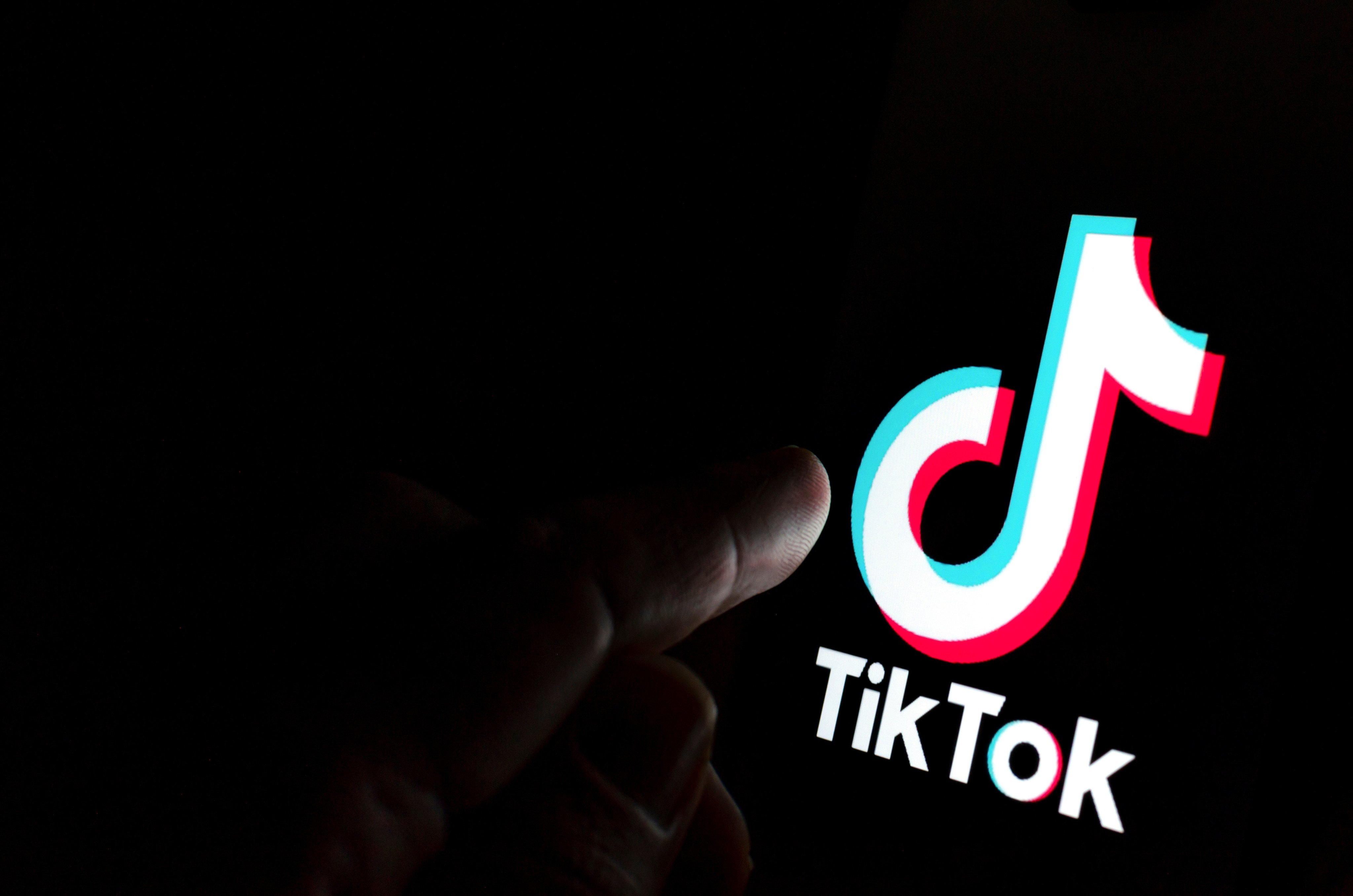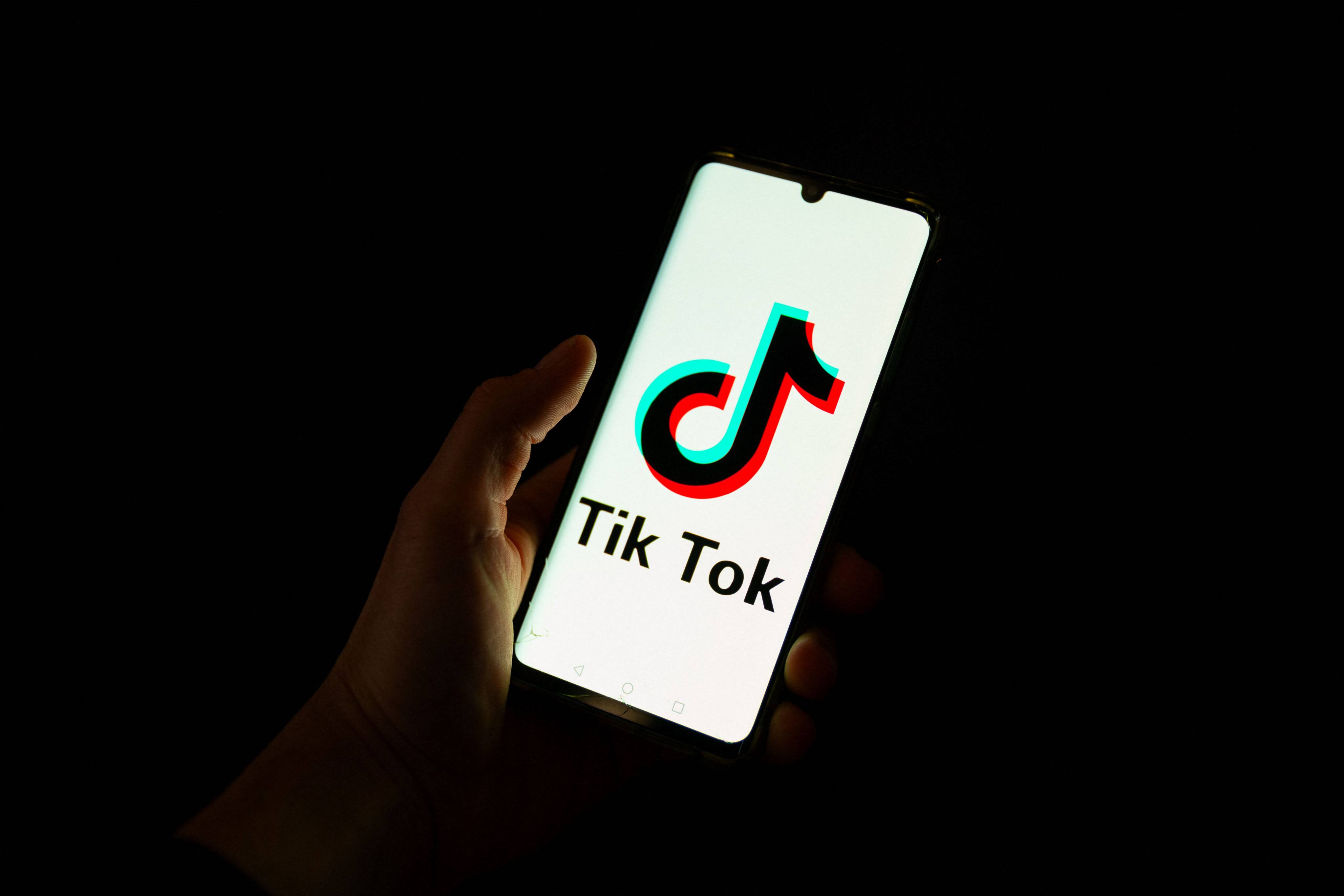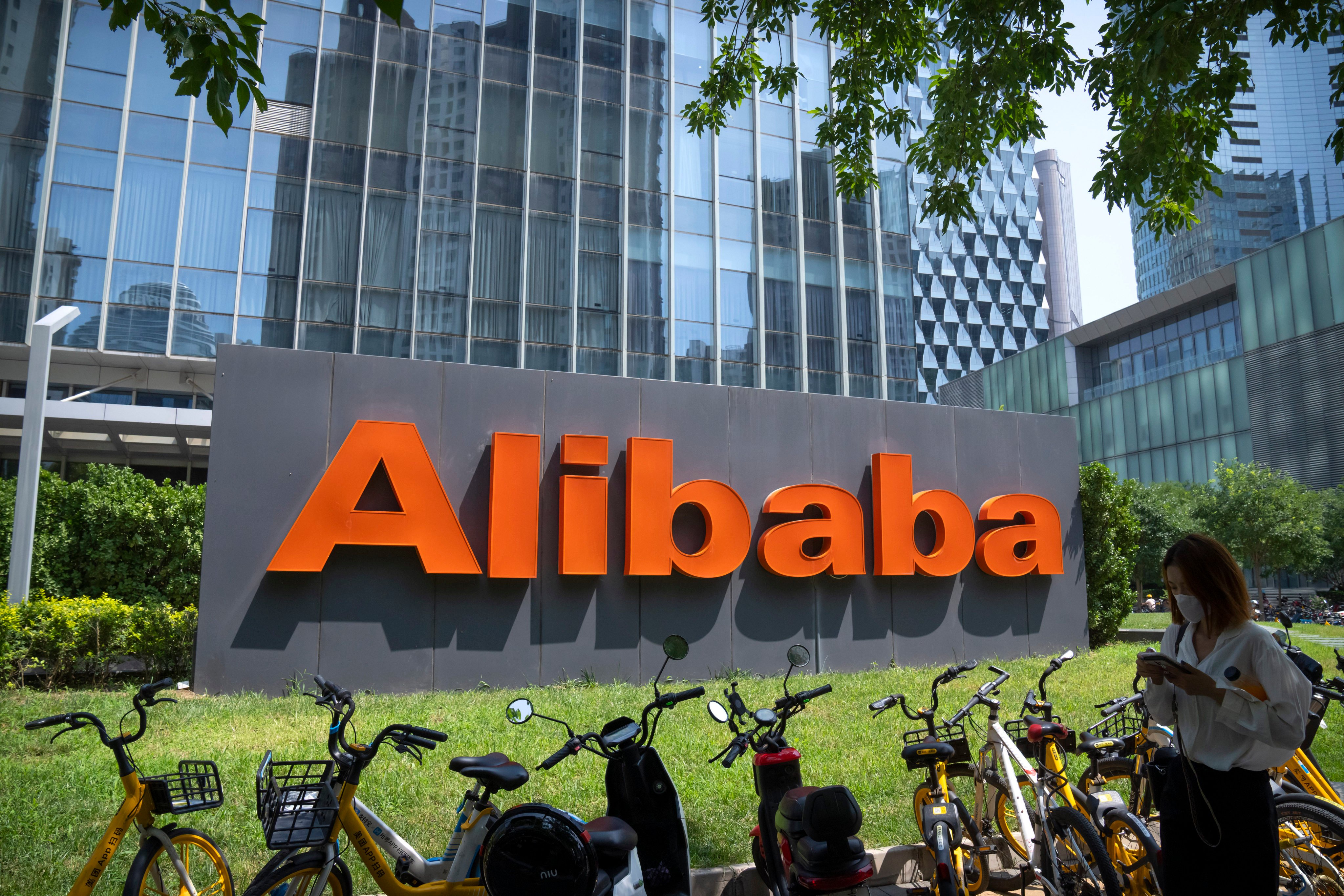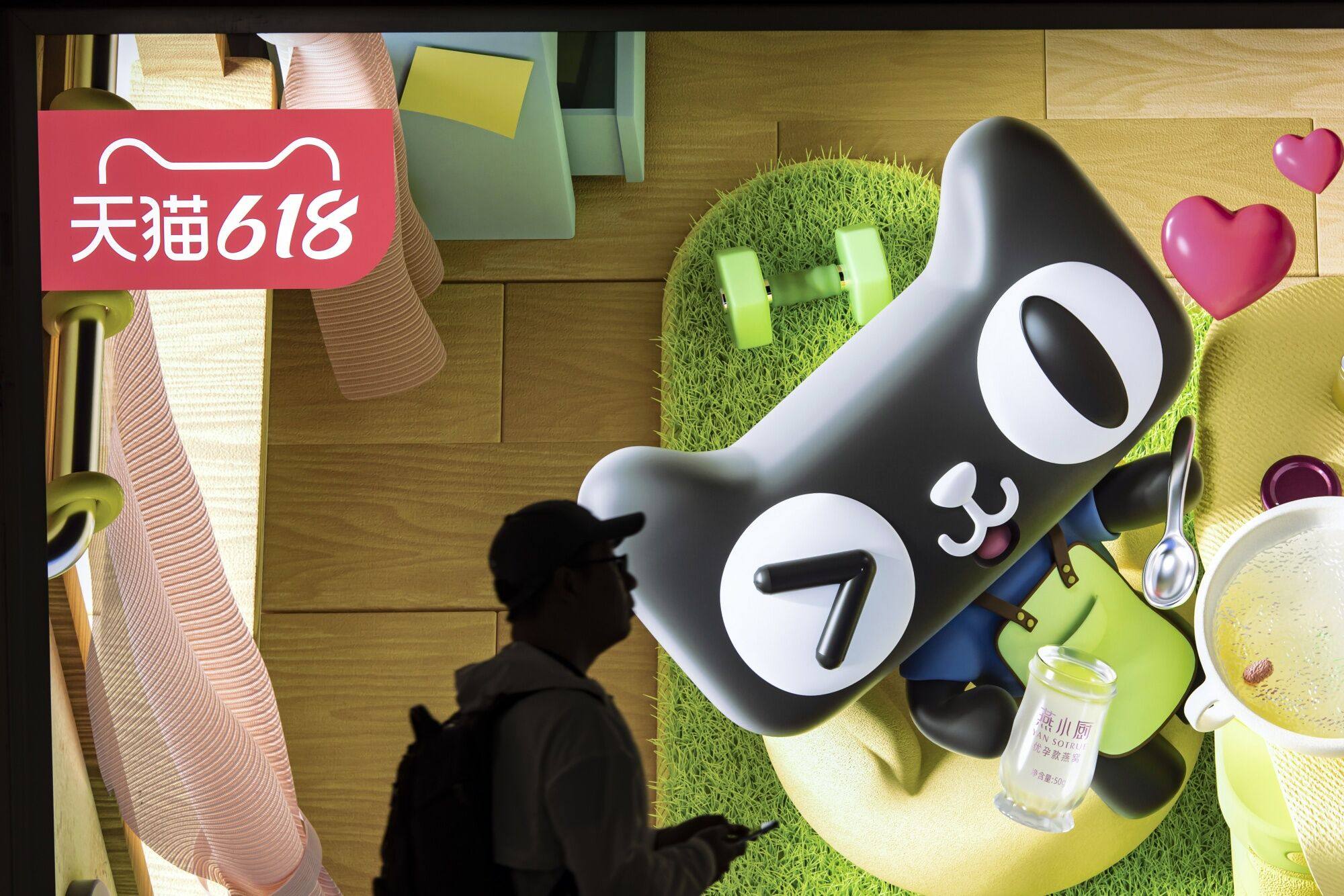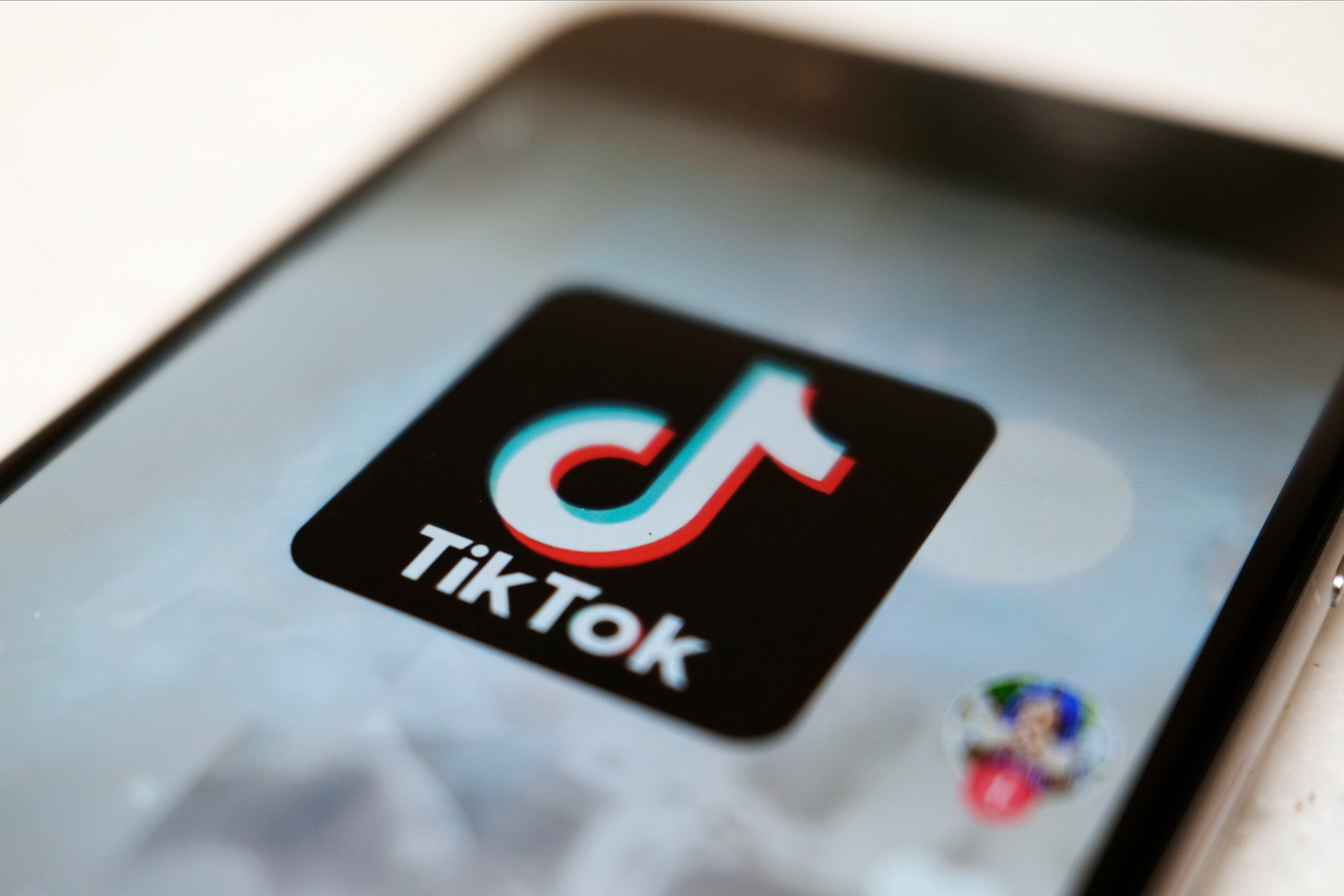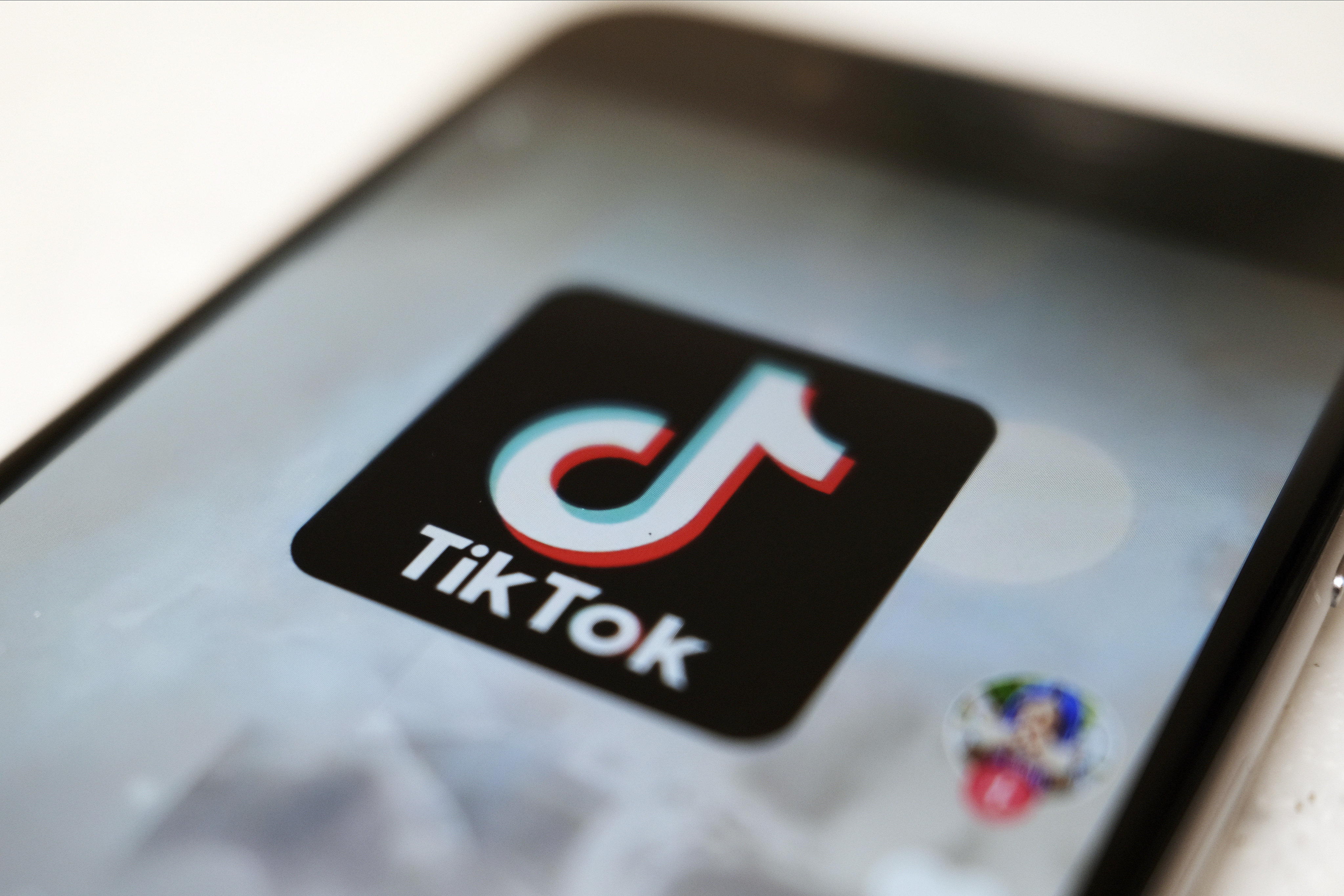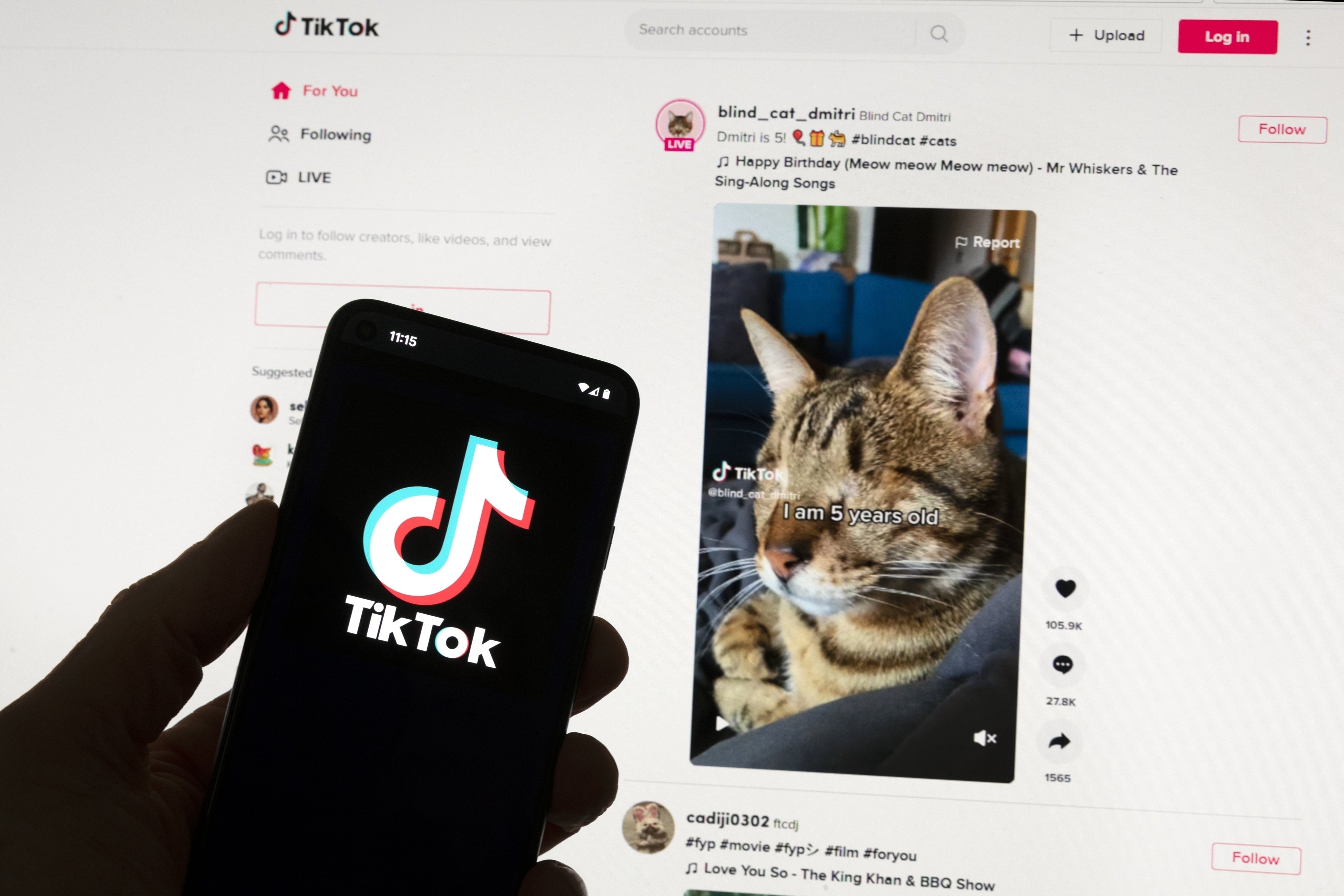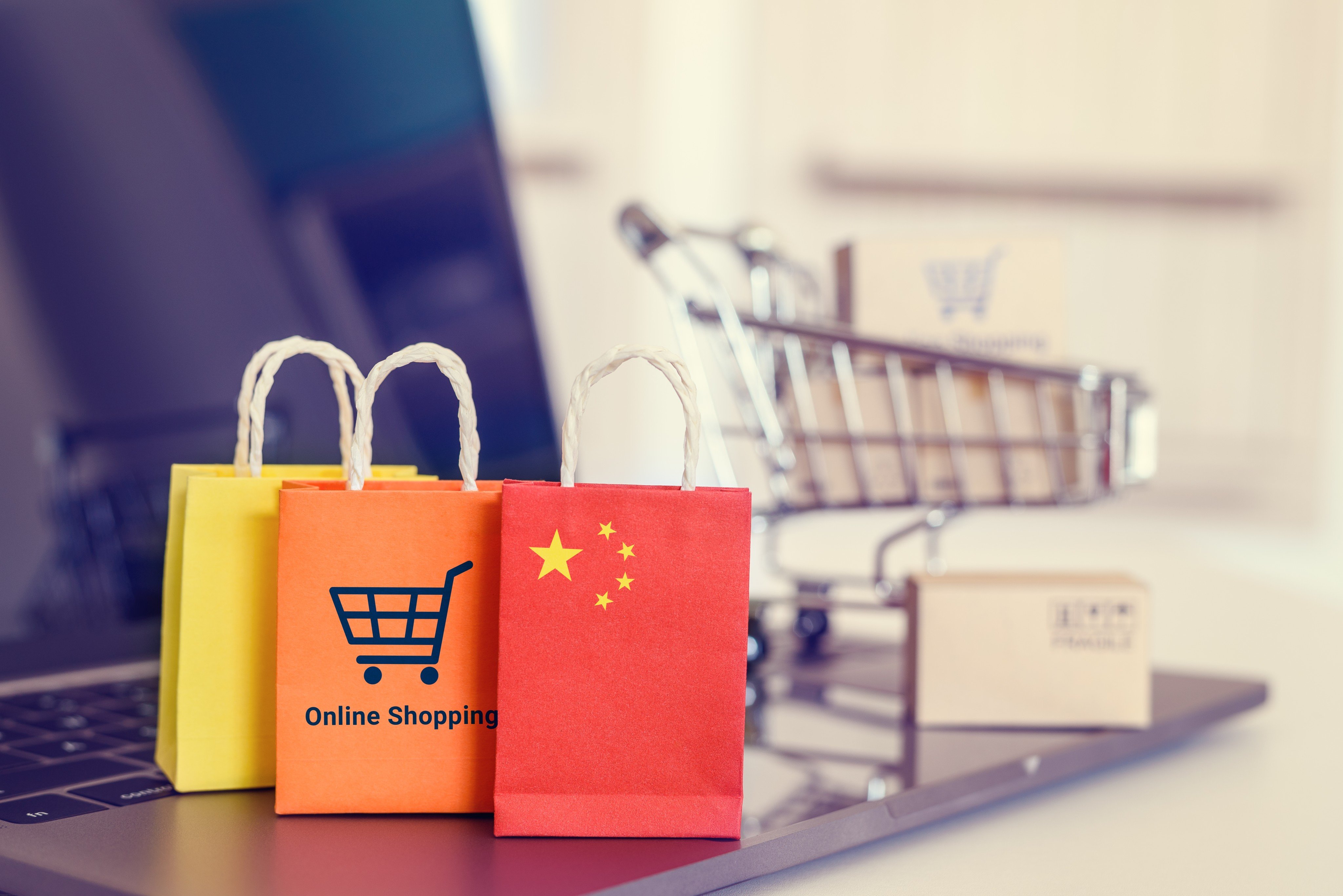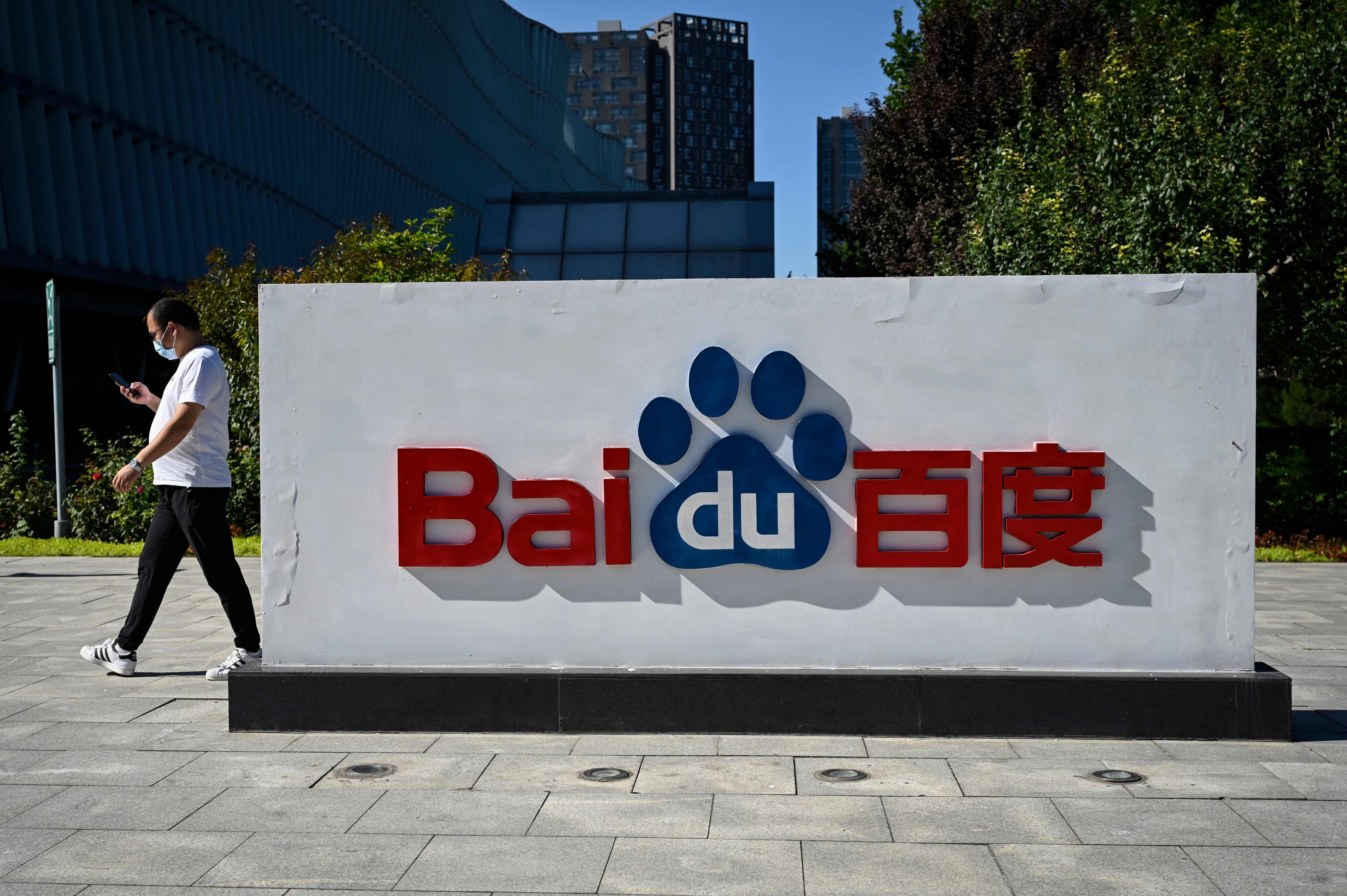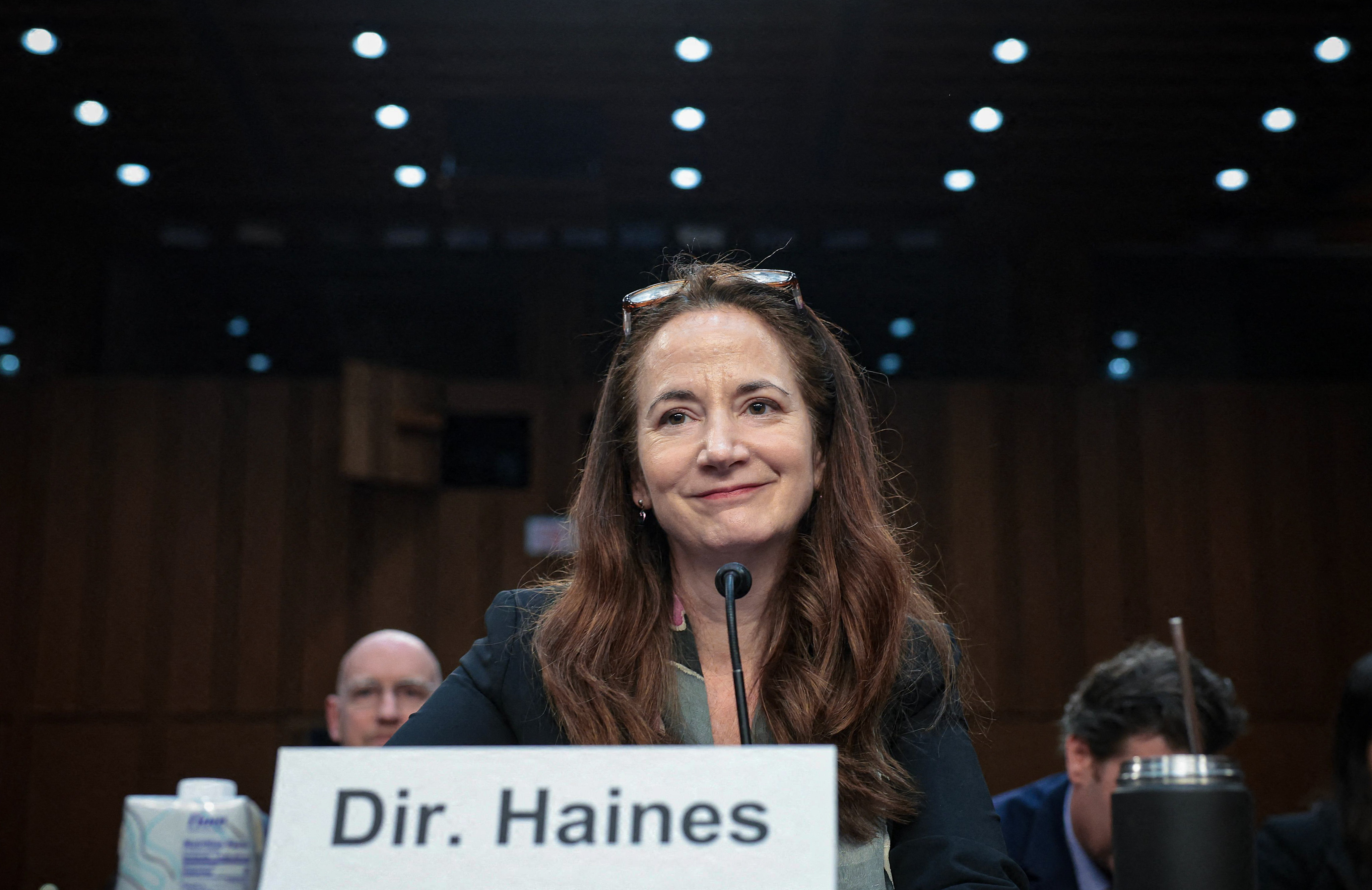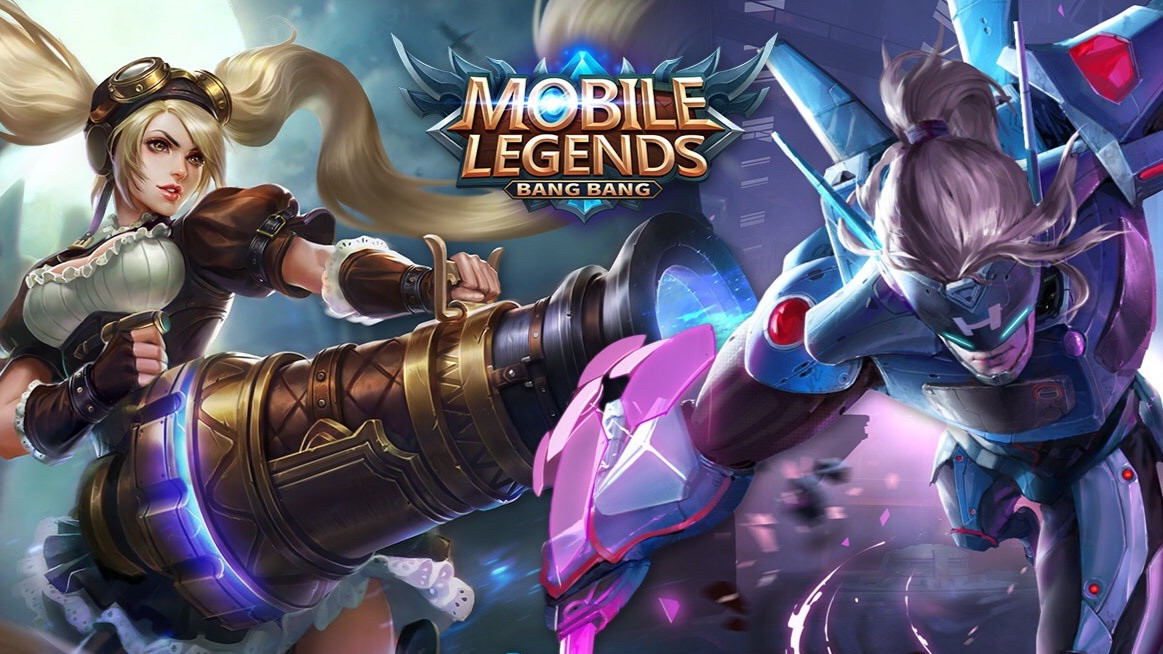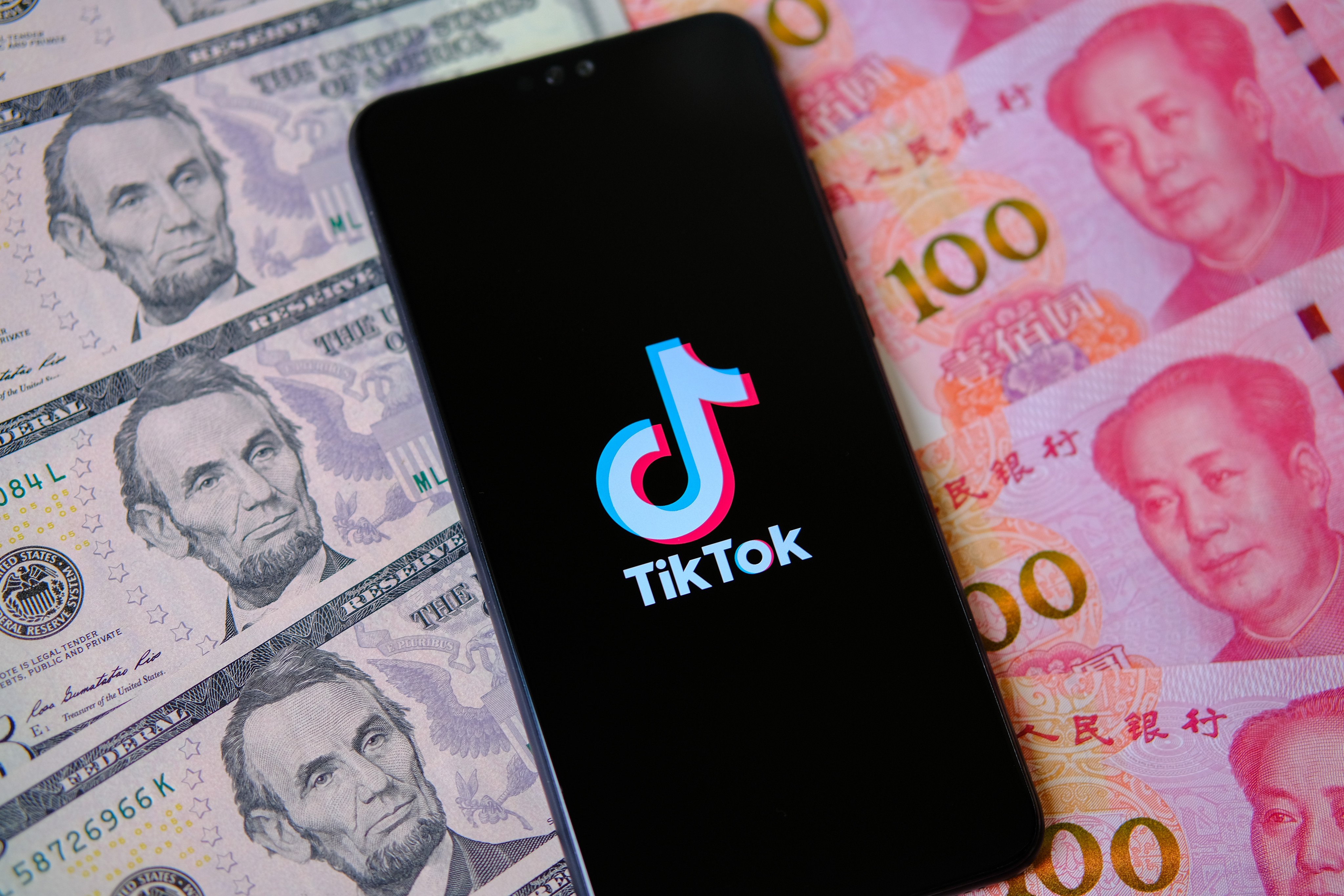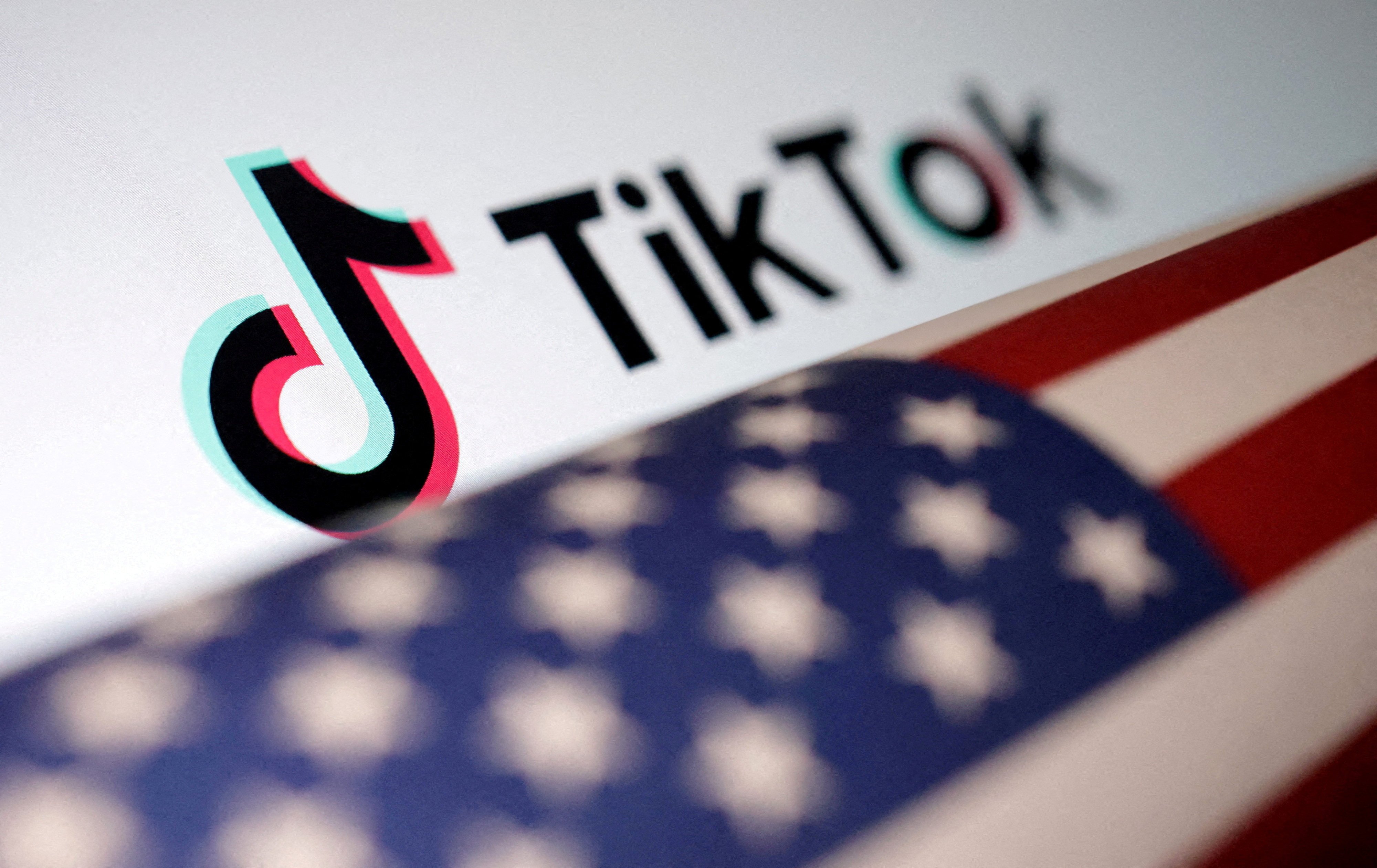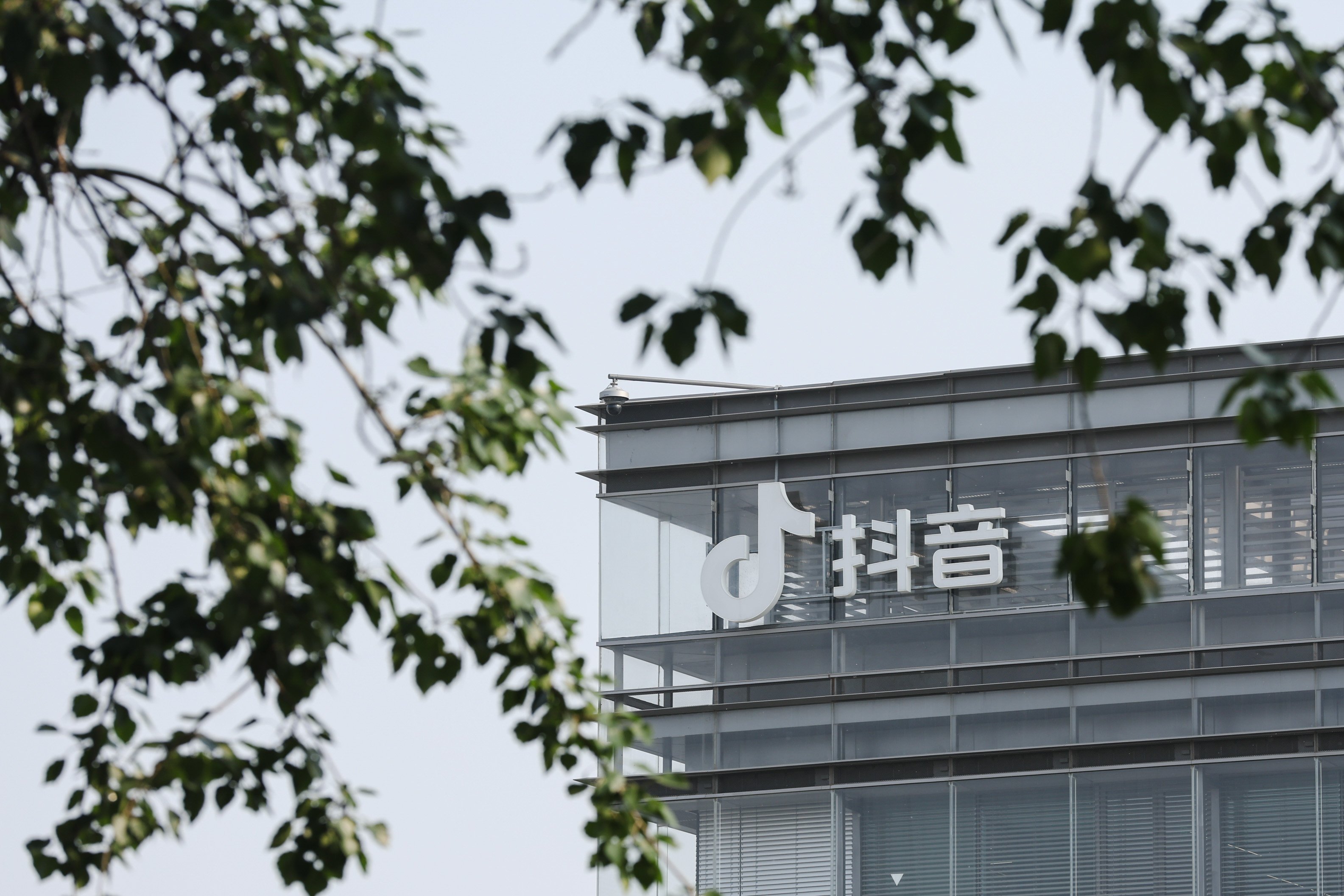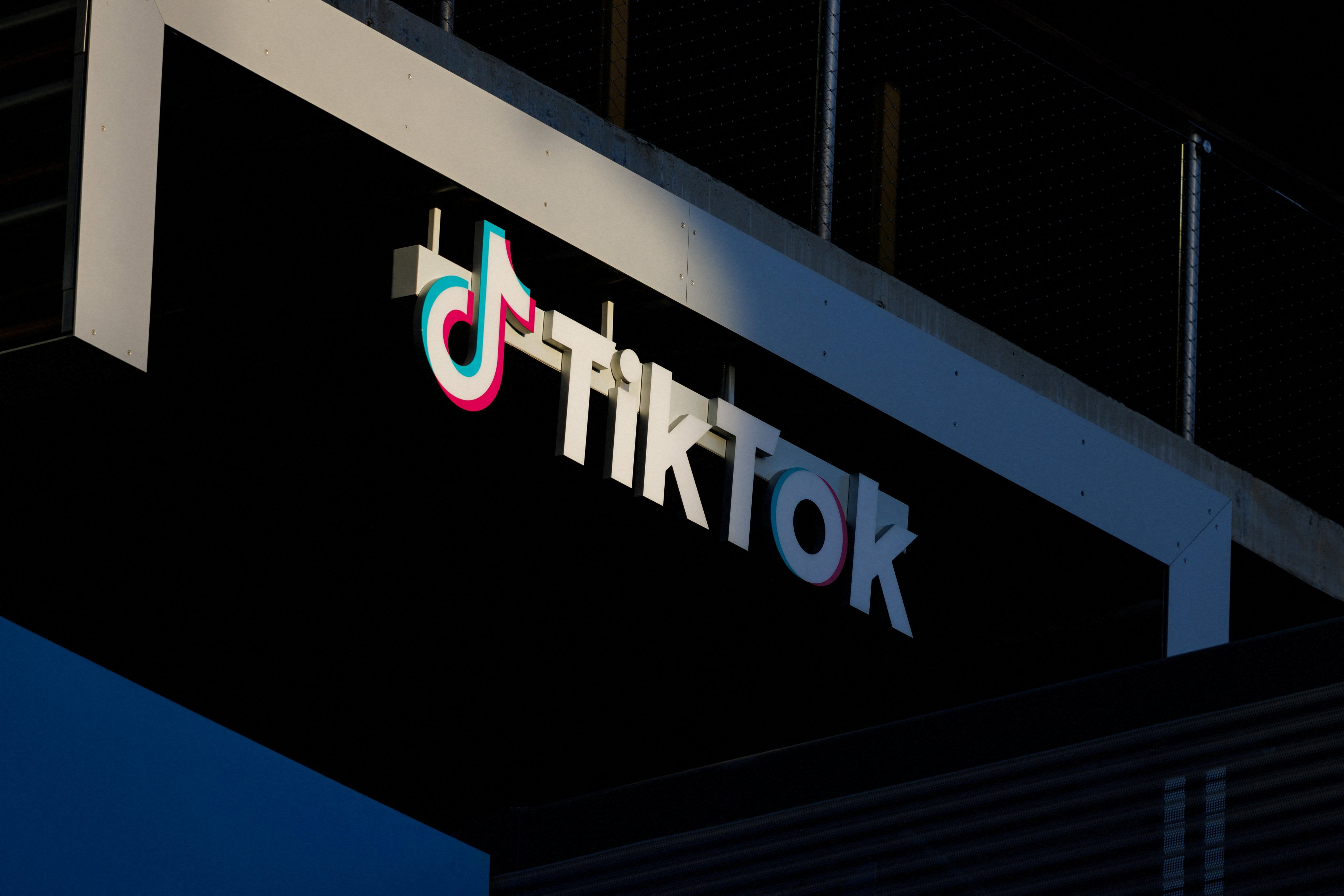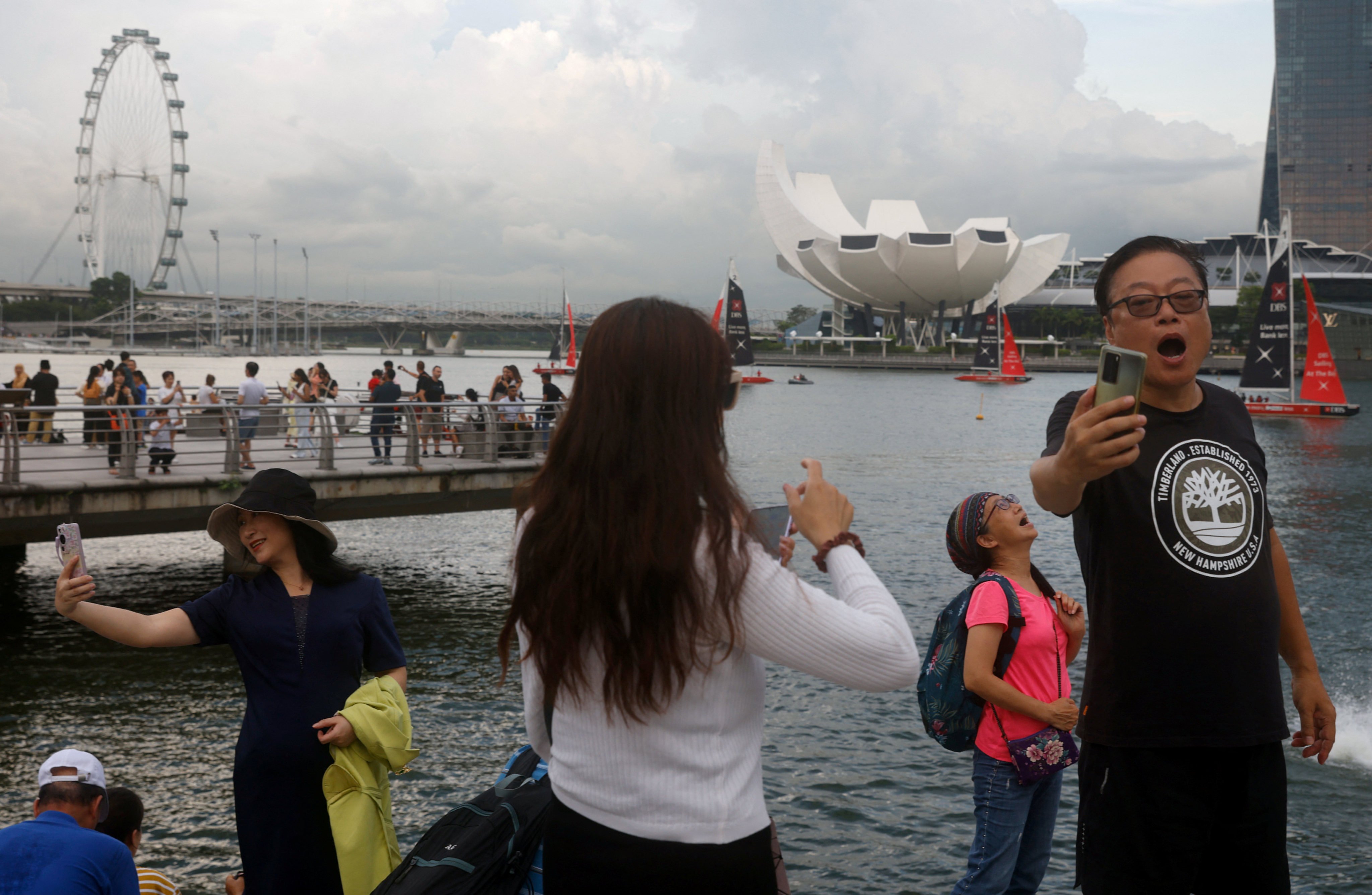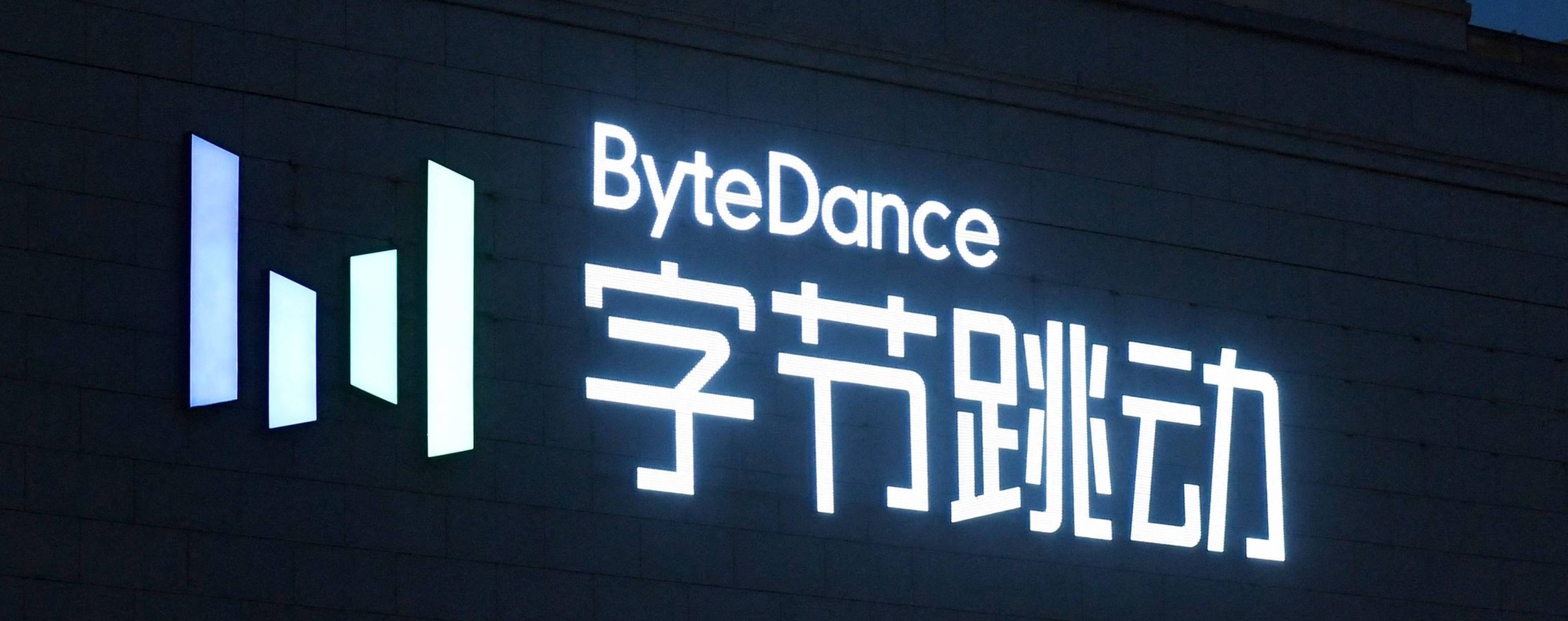
Topic
ByteDance is best known as the owner of the global short-video and shopping platform TikTok. It also operates the similar Douyin app in China. Both apps have skyrocketed in popularity in recent years, especially among younger people. ByteDance has been the focus of strained relations between China and the West, with policymakers in the US, Canada and Europe expressing concern that TikTok's Chinese ownership puts sensitive user data within reach of the Chinese government.
China officially connected to the internet in April 1994. Today, its online influence is stronger than ever.
The US and China should consider how the legitimate rights and interests of Chinese companies and investors can be properly protected in the United States without raising unfair security concerns.
- The price of AI services in China plummeted in May after ByteDance kicked off a price war by pricing access to its LLMs at 99.8 per cent below GPT-4
- Industry insiders fear the harm could be fatal for many start-ups, but app developers are enjoying cheaper access to the tech powering their services
The budget shopping platform’s new ‘automated price-tracking system’ will enable merchants to swiftly adjust the cost of goods online during the 618 shopping festival.
TikTok calls report that it is cloning its recommendation algorithm for US users to prepare for a potential divestment ‘misleading’ and ‘inaccurate’.
The transaction followed the disposal of Alibaba’s shares in Bilibili and Xpeng in March.
The executive reshuffle at Taobao and Tmall Group shows how Alibaba is adhering to calls made by company co-founder Jack Ma to ‘give more power’ to young people.
Yuanbao can be used to analyse and summarise documents, provide questions and answers, and generate texts and images.
ByteDance has called on Chinese social media not to spread such misinformation after declaring the report as untrue.
The Canadian investor’s comment follows a decision by US lawmakers last month to ban Chinese-owned TikTok from US app stores unless it is sold in less than a year.
A US appeal court set a fast-track schedule to consider the legal challenges to a new law requiring China-based ByteDance to divest TikTok’s US assets by January 19 or face a ban.
Douyin, the sister app of TikTok in China, has moved to curb ‘newsjacking’, an online trick of expanding influence by taking advantage of viral news stories, in the latest example of its control over content.
Shares of the parent of Temu and Pinduoduo are being held back by geopolitical risks and fierce competition in China’s e-commerce sector.
The departure of AI experts from these Big Tech firms reflects increased investor interest in start-ups that could become the next OpenAI.
The proposed law will empower the president to ban apps that could be used by “foreign adversaries” to threaten national security.
The lay-offs, which were announced internally earlier this week, are expected to affect TikTok’s operations and marketing departments.
The move comes as the Chinese owned short video app faces a US divest-or-ban ultimatum over concerns it could be used to influence Americans.
Alibaba Cloud has slashed the fees for using its generative artificial intelligence models by up to 97 per cent, a week after ByteDance launched a rival service that costs less than most competitors.
Alibaba’s Taobao and Tmall Group is working with ByteDance’s Douyin to attract users from the short video app, as the e-commerce giant boosts spending on the annual midyear shopping festival.
TikTok, the short video platform originally popular for its 15-second lip-synching content, is now testing 60-minute video uploads with certain creators, in a challenge to veteran online video giant YouTube.
Chinese parent company ByteDance and the US Justice Department were joined by content creators in asking an appeal court for a ruling by December 6.
TikTok is testing 60-minute video uploads, and has gradually increased its video length limits to 10 minutes for all users. Longer video uploads may shift viewership from streaming services like YouTube.
The mainland’s e-commerce sector achieved a 12 per cent overall growth in the March quarter, according to data from JPMorgan.
China’s search engine and AI giant saw revenue grow 1 per cent in the first quarter, while net income fell 6 per cent but was better than estimates.
China made advances in AI, big data analytics and deepfakes; its initiatives already detected in elections in Australia, Canada and Taiwan, says Avril Haines.
ByteDance, which has been scaling back its video-gaming operations in recent months, has named a new CEO for Moonton Technology, the creator of Mobile Legends: Bang Bang.
The real estate mogul and former LA Dodgers owner says he’s putting together a consortium to buy the app from China-based ByteDance.
ByteDance’s aggressive pricing for its Doubao large language model family shows the increased opportunity in mainland China, where more firms are scrambling to adopt GenAI tools.
The platform and parent company ByteDance have filed a similar lawsuit, arguing the law violates the US Constitution and runs afoul of free speech protections.
Douyin, the Chinese version of TikTok, has taken steps to ensure certain influencers are directly responsible for commercial content on their channels, a move could put a dent in their revenues.
Douyin is working on technologies similar to what has been adopted by TikTok to automatically label artificial-intelligence-generated content (AIGC).
A user believed to be from China claims in the clip that some Chinese Singaporeans were offended at being called ‘compatriot’, suggesting they had forgotten their roots.












